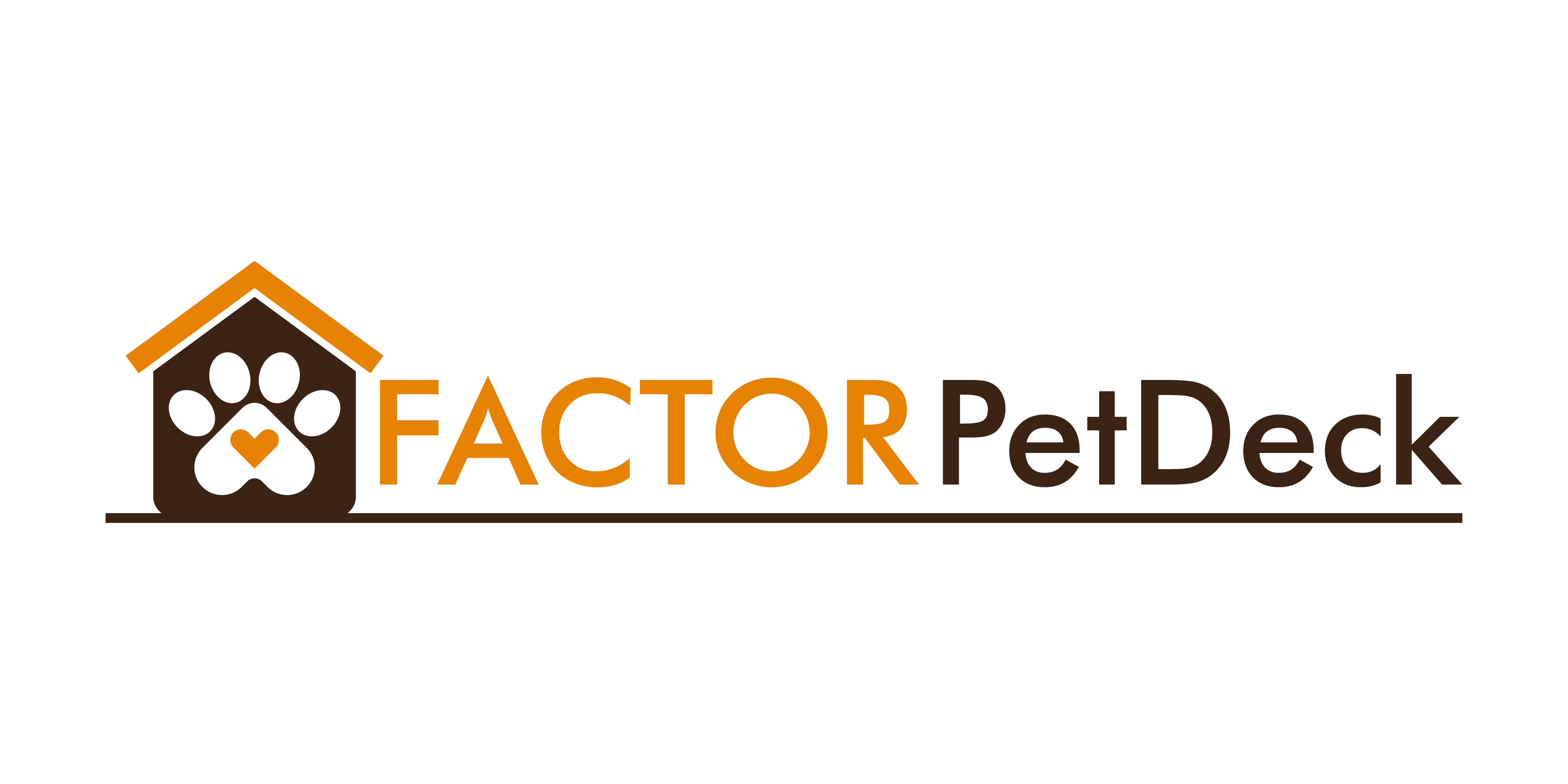Why 2023 Was a Turning Point for Pet Laws
Pet ownership isn’t just trending—it’s exploding. Over the past few years, more people have brought animals into their homes than ever before. Pandemic adoptions lit the fuse, but the rise hasn’t slowed. Alongside this growth came a wave of awareness: about responsible care, abuse in the breeding industry, and the gaps in existing laws.
Veterinarians, animal shelters, and everyday pet owners started speaking with a louder, more unified voice. The message? The rules needed to catch up—with better clarity, more consistency, and stronger protections across the board. As horror stories of puppy mills and exotic pet mishandlings continued to surface, it became harder to ignore the holes in outdated legislation.
2023 marked the moment when lawmakers finally listened. It was the year animal welfare got national priority status, not just a bullet point in city ordinances. The shift wasn’t flashy, but it was decisive. Pet laws started to reflect the reality: animals are family, and the systems meant to protect them have to be just as serious.
That cultural and legal momentum set the foundation for the changes unfolding now—and why staying informed isn’t optional anymore. If you’ve got fur, feathers, or scales in your home, what happens next affects you directly.
Key Legislative Changes Pet Owners Should Know
2023 didn’t just tweak a few pet laws—it overhauled the framework. First up, breed-specific legislation (BSL) has changed lanes. Some long-standing bans on certain breeds are being rolled back in favor of behavior-based assessments. Other jurisdictions are doubling down. It’s not uniform, so owners of breeds like pit bulls, Dobermans, or even huskies need to check local rules—what’s banned in one city might be welcomed in the next.
Licensing and registration saw a major refresh, with more municipalities requiring up-to-date microchip info as part of renewal. Paper ID tags are no longer seen as enough. Some regions added tiered license fees based on spay/neuter status, while others sped up the transition to digital-only systems.
On the breeder front, the bar is higher. Licensed breeders must now meet inspection benchmarks that cover things like space, sanitation, and enrichment. Backyard breeders can expect crackdowns if they’re operating without documentation or proper facilities. Sellers, too, are on the hook—listing pets online now comes with legal strings, including seller ID verification in many states.
Travel and housing rules have also tightened. Airlines, for instance, are applying stricter carrier dimensions, while some have limited the number of pets on board per flight. On the housing side, new legislation in several states prevents blanket “no pets” policies in rentals. Still, breed and size limits persist, with landlords often requiring pet addendums, deposits, and references.
Bottom line: owning a pet in 2023 means staying alert. Rules are clearer—but they also come with teeth.
What These Laws Mean for You and Your Pets
Legislation changes aren’t just abstract policy points—they have real, daily impact on pet owners, fosters, and rescue groups. From updated fees to increased documentation requirements, 2023’s new laws have introduced a new normal for responsible pet ownership.
Everyday Implications You Need to Know
New regulations have streamlined—and in some cases, complicated—how pet ownership works on a local level:
- License and Tag Fees: In many jurisdictions, licensing a pet has become mandatory, often with higher fees and stricter enforcement.
- Mandatory Microchipping: A growing number of states require pets to be microchipped as part of the registration process.
- Citations for Noncompliance: Cities and counties are increasing field enforcement to ensure pets are licensed, vaccinated, and properly housed.
If you’re moving or adopting, it’s smart to check in with your local government’s animal services site to avoid unexpected fines.
Impact on Adoption, Fostering, and Rescue
These laws also shape how pets are placed into new homes:
- Adoption Mandates: Some municipalities now require adopted pets to be spayed, neutered, and microchipped before leaving shelters or rescues.
- Foster Regulations: Foster homes may need to apply for temporary permits, especially if they house pets for extended periods.
- Transport Restrictions: Rescue efforts that involve interstate or international transfers now face more oversight to protect animal welfare and prevent disease spread.
New Documentation and Responsibilities
Modern pet ownership means keeping more records on hand—and knowing when to use them.
Keep the following readily available:
- Proof of microchipping and rabies vaccination
- Updated local license or registration certificates
- Adoption, breeder, or foster agreements with health and behavior history
Having these documents organized ensures you’re prepared for anything—whether it’s a vet visit, a travel plan, or a city license check. Staying on top of these responsibilities helps protect both your pets and your peace of mind.
Who Benefits—and Who’s Pushing Back
Animal welfare groups and rescue centers are calling 2023’s legislation a major win. For years, they’ve operated in the gaps—doing the work that regulation overlooked. With tighter rules on breeding, mandatory reporting, and more oversight, bad actors in the system are finally being weeded out. Shelters are seeing a shift: fewer impulse surrenders, more serious adopters, and better support structures. It’s not perfect, but it’s progress—and the kind they’ve been fighting for.
But not everybody’s celebrating. Small-scale breeders, especially in rural areas, are feeling the squeeze. Many argue the new paperwork, licensing costs, and inspections were designed with large operations in mind and are now putting family-run kennels or hobby breeders at risk. They’re not necessarily against regulation—they just want rules that make room for nuance. Limited internet access, fewer vets nearby, and smaller teams make compliance a real challenge.
Across the board, the pet industry is recalibrating. Retailers are vetting their suppliers more aggressively. Trainers and groomers are adjusting their intake processes. Even pet tech companies are stepping into the compliance conversation. The message is clear: in this new landscape, ethical practices aren’t optional—they’re the standard. And whether you’re caring for two dogs or two hundred, the industry is demanding everyone level up.
How to Stay Compliant Without Losing Your Mind
Let’s make this simple. If you’re a pet owner, you don’t need a law degree—you just need to stay sharp and follow a few key steps.
First, keep your paperwork in one place. That means licenses, vaccination records, microchip info, and anything else your local regs require. Set a yearly reminder to double-check it all. Many cities now offer apps or reminders for renewals—use them.
Next, talk to your vet. Many clinics now offer compliance checklists and can flag what’s new or required in your region. They know the laws better than Google, and they’re on your side.
Adapting doesn’t have to be painful. If you’re a breeder, foster, or rescuer, check out online hubs like AVMA’s legal toolkit or your state’s animal control website. They break things down in plain English and usually link to the most up-to-date forms and processes.
And if you’re feeling overwhelmed? Lean on your community. Local shelters and pet owner groups often host info nights and post cheat sheets for staying in the clear. A few questions now save you headaches (and potentially fines) later.
Keeping your pet safe and your conscience clean doesn’t have to be a grind. Use the tools, ask the experts, and take five minutes to stay current. That’s it.
Connected Topics That Matter
Pet legislation has never existed in a vacuum. As cities grow and public health challenges evolve, laws about animals are becoming intertwined with housing policy and broader health initiatives. It’s not just about keeping dogs licensed or banning exotic pets—it’s about ensuring pets don’t contribute to overcrowded shelters, allergen overload in shared spaces, or sanitation risks in high-density housing.
Local governments are now working cross-functionally. Health departments are teaming up with housing officials to create pet-inclusive rules that still protect tenants, buildings, and neighborhoods. Expect clearer limits on pet counts per household, mandatory vaccination records for rental applications, and leash laws with real consequences—not just fines on paper.
All of this speaks to a bigger trend: responsible ownership is no longer a nice-to-have. It’s the baseline. If you’ve got pets, you’re expected to manage them in a way that aligns with shared urban life. That means cleaning up after them, staying on top of medical care, and knowing your rights as much as your responsibilities.
For pet owners who want to stay ahead of the curve—not just compliant but really confident—it’s worth checking in regularly here: Weekly Pet Care News – Essential Updates for Pet Owners.
Final Take
Pet laws in 2023 finally started to reflect how people actually live—with pets as full-on family members, not just animals in the house. That kind of catch-up legislation may feel overdue, but it’s a solid step. Rules around breeding, housing, and transport have real bite now, and they’re here to make sure both pets and people are safer, healthier, and better supported.
The bottom line? A responsible pet owner isn’t just someone who buys the right food—it’s someone who knows what’s legal, what’s changing, and how to adapt. That doesn’t mean memorizing every new clause or panicking over forms. It means paying attention. Checking reliable sources. Asking a vet. Reading updates like this one.
Your job isn’t to master the legal system. It’s to protect your pets and your rights by staying alert—just enough to act before a small oversight becomes a bigger issue. Pet ownership isn’t just a personal choice anymore; it’s part of the public sphere. That’s not a burden, it’s clarity. And for once, that’s kind of a win.




